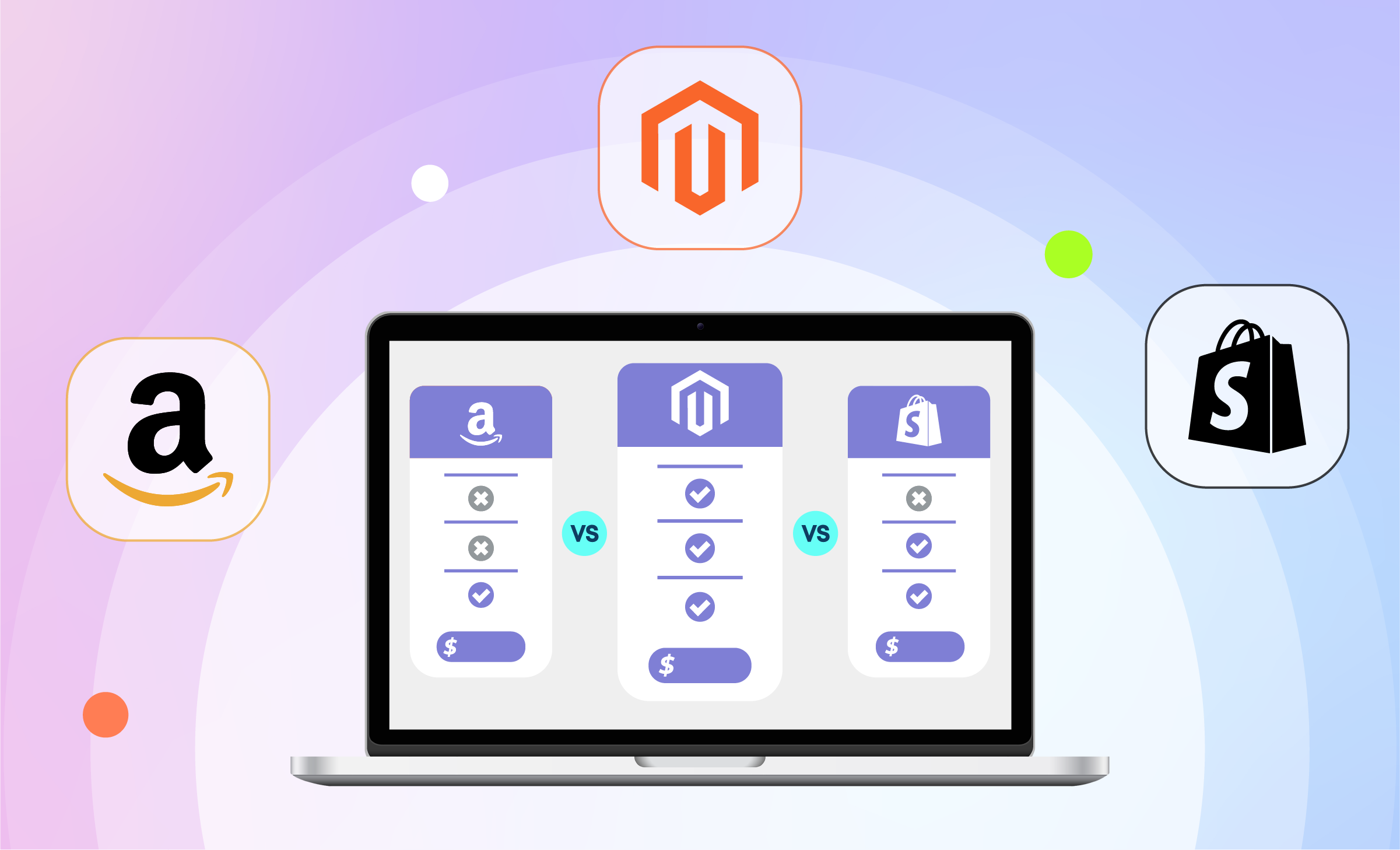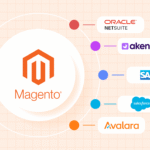As your company expands and your brands or product offerings start to diverge, you may start to consider separate Adobe Commerce stores (Adobe Commerce is formerly known as Magento, we'll use both names in this article).
Using separate stores is not an easy or an automatic decision. You need to consider architecture, growth strategy, SEO, branding, and more! All of the sudden it’s a critical decision that could affect the growth of your company.
This post gives an overview of what you should consider in this decision how you can get started
Why Integrate Multiple Adobe Commerce (Magento) Stores?
There are a handful of reasons you might consider integrating multiple Magento stores.
Separate Brands
Your company might present itself through multiple brands. Maybe you have separate kids and adult brands (think Limited and Limited Too). Maybe you have separate lines at different price points.
Separate brands are likely targeting different segments of people. You’ll want to tailor the site’s look and feel, tone, and marketing copy to those segments. Of course you’ll also want to show the right set of products on that store, too!
Separate Product Sets
Even under the same brand, sometimes brands just sell very different sets of products. Can you imagine Virgin Airlines and Virgin Mobile sharing a website? Sometimes it makes sense to separate related product sets onto separate webstores.
Separate Buyer Types
If you’re a company that sells directly to consumers and to other businesses as a wholesaler or distributor, you’ll probably want separate stores for each.
Your B2B site would be focused on account management and large orders. Your B2C site would be more marketing-consumer oriented. Mixing the two in one store is likely to turn into a confusing web experience.
What You Need to Consider
Before you dive into setting up multiple Adobe Commerce stores, consider the following:
Multiple Domains or a Single Domain?
If you set up multiple stores, you need to consider how you’ll structure your URLs and what domains you’ll use.
- You could use separate domains, like storeformen.com and www.storeforwomen.com.
- You could split the site sup on subdomains like men.mystore.com and women.mystore.com.
- You could also separate them on subfolders, like mystore.com/men and mystore.com/women.
Some of the decision is preference and branding. But, consider that search engines will see two separate domains as two separate sites. Whatever SEO value you build on one will not affect the other.
If you choose to host on separate domains, you’ll need to consider where your shopping car resides. Sharing a shopping cart can have technical ramifications, but setting up separate ones could cost more.
Where will you master data?
With one store, data management is pretty straightforward. All your data lives in your one Adobe Commerce (Magento) store. If you have to synchronize it to an ERP or some other system, it’s still one-to-one.
But, that all gets more complex with multiple stores.
If you’re a single company with multiple brands (presented as multiple stores), you probably don’t maintain separate inventories, orders, etc. Behind the scenes it all comes back to one place.
You need to determine where your basic data types (item, order, customer, inventory, and shipping) are mastered. And, in your webstore is probably not the best place.
Consider the following scenarios:
- What if you sell kits or assembly items in both stores that share components tracked in your single inventory system?
- What if you sell the same product on different stores with different prices and descriptions?
- What if you want to see the financial data about your B2B store and your B2C store all in one place?
For each of these scenarios you need to decide where the centralized data master will be. Click here to see our services about Adobe Commerce (Magento) Development.














